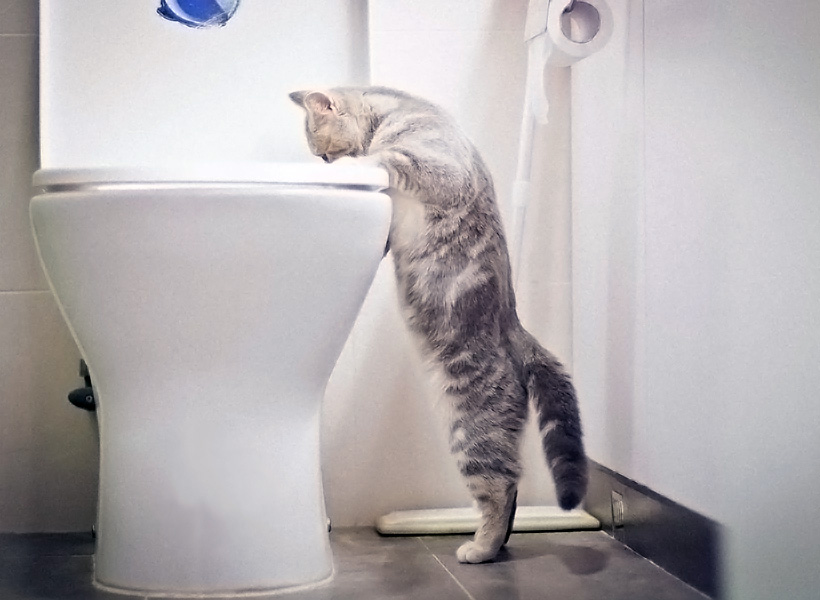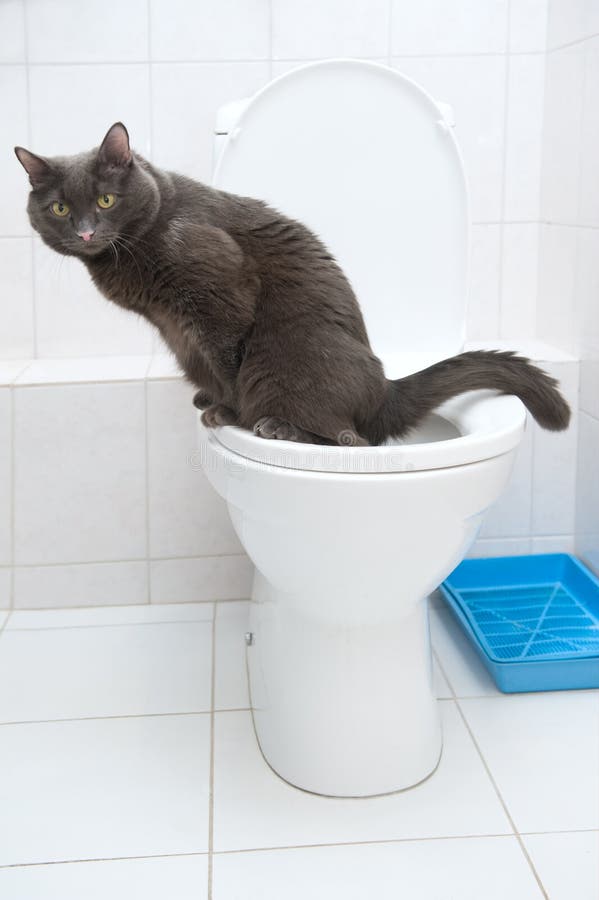What Flushing Animal Waste Down the Toilet Could be Harmful
What Flushing Animal Waste Down the Toilet Could be Harmful
Blog Article
Right here further down you'll find a lot of worthwhile ideas regarding Don't Flush Your Pets Poo Down The Loo, Vet Warns.

When it comes to dealing with waste, especially animal waste, many people usually resort to the convenient alternative of flushing it down the commode. However, this relatively simple remedy can have serious effects for the setting and public health. In this write-up, we'll explore why flushing animal waste down the commode is a bad concept and offer alternate approaches for correct disposal.
Introduction
Appropriate garbage disposal is important for preserving ecological sustainability and public health. While it may appear safe to purge animal waste down the bathroom, it can bring about numerous issues, both for the setting and human health.
Threats of flushing animal waste
Environmental influence
Flushing animal waste introduces unsafe germs and microorganisms into waterways, which can adversely affect aquatic ecosystems. These microorganisms can infect water sources and injury marine life, interfering with delicate environments.
Public health concerns
Animal waste has damaging microorganisms such as E. coli and Salmonella, which can pose significant health dangers to people. Purging pet waste down the toilet can contaminate water supplies, causing the spread of illness and infections.
Alternatives to flushing
As opposed to flushing animal waste down the bathroom, there are a number of alternate disposal techniques that are a lot more eco-friendly and hygienic.
Composting
Composting animal waste is an environment-friendly method to take care of it. By composting, raw material is broken down right into nutrient-rich soil, which can be used to feed gardens and plants.
Land fill disposal
Throwing away animal waste in a land fill is an additional option. While check here not as eco-friendly as composting, it is a much safer choice to flushing, as it stops the contamination of water sources.
Animal waste disposal systems
There are specialized family pet waste disposal systems readily available that securely and hygienically get rid of pet waste. These systems usually utilize enzymes to break down waste and get rid of smells.
Steps to appropriate animal garbage disposal
To make sure correct disposal of animal waste, follow these steps:
Scooping and getting waste
Regularly scoop and bag animal waste using naturally degradable bags. This protects against waste from infecting the setting.
Making use of marked waste containers
Dispose of bagged animal waste in designated waste bins, such as compost containers or land fill containers. Prevent flushing it down the toilet at all costs.
Cleansing can and pet dog locations frequently
Frequently clean can and animal areas to avoid the buildup of waste and bacteria. Usage pet-safe cleaning items to preserve health.
Advantages of proper disposal techniques
Embracing correct disposal techniques for animal waste uses several benefits:
Lowered environmental pollution
Appropriate disposal approaches reduce the threat of environmental pollution, protecting rivers and ecosystems from contamination
Reduced threat of water contamination.
By avoiding flushing animal waste down the commode, the risk of water contamination is substantially lowered, safeguarding public health.
Enhanced cleanliness and health
Correct disposal approaches advertise better cleanliness and hygiene, producing a much safer environment for both people and pets.
Final thought
In conclusion, purging pet waste down the bathroom is damaging to the setting and public health. By taking on alternate disposal techniques and complying with correct waste management techniques, we can lessen the negative influence of pet waste and contribute to a cleaner, healthier world.
What To Do With Dog Poo – The Do's And Don'ts Of Disposing Of Faeces
Dog poo bins
Some councils provide dedicated dog waste bins in popular dog-walking areas that can take dog poo that has been bagged but you can legally dispose of dog waste in any public litter bin, as long as it is securely bagged. This also applies to your wheelie bin at home.
Do not flush
Water companies do not recommend flushing dog faeces down the toilet because certain parasites can survive the water processing treatment and are potentially harmful to humans. You should also never consider flushing dog poo that has been bagged down the toilet as the bags will not break down and instead create severe blockages in the sewage system.
In the woods
The Forestry Commission promotes a ‘stick and flick’ method for dealing with waste in the woods. This means finding a stick and using it to flick any poo from off the path so that it is out of the way of other walkers. You could also bury it as long as it is not in an area where there might be livestock.
Livestock
Parasites found in dog poo can be transmitted to livestock if they inadvertently eat infected faeces that has been left on grazing land. This could result in the death of sheep or abortion in cattle so you should always make sure you pick up your dog’s waste in fields where livestock could be present.

Frequently clean can and animal areas to avoid the buildup of waste and bacteria. Usage pet-safe cleaning items to preserve health.
Advantages of proper disposal techniques
Embracing correct disposal techniques for animal waste uses several benefits:
Lowered environmental pollution
Appropriate disposal approaches reduce the threat of environmental pollution, protecting rivers and ecosystems from contamination
Reduced threat of water contamination.
By avoiding flushing animal waste down the commode, the risk of water contamination is substantially lowered, safeguarding public health.
Enhanced cleanliness and health
Correct disposal approaches advertise better cleanliness and hygiene, producing a much safer environment for both people and pets.
Final thought
In conclusion, purging pet waste down the bathroom is damaging to the setting and public health. By taking on alternate disposal techniques and complying with correct waste management techniques, we can lessen the negative influence of pet waste and contribute to a cleaner, healthier world.
What To Do With Dog Poo – The Do's And Don'ts Of Disposing Of Faeces
Dog poo bins
Some councils provide dedicated dog waste bins in popular dog-walking areas that can take dog poo that has been bagged but you can legally dispose of dog waste in any public litter bin, as long as it is securely bagged. This also applies to your wheelie bin at home.
Do not flush
Water companies do not recommend flushing dog faeces down the toilet because certain parasites can survive the water processing treatment and are potentially harmful to humans. You should also never consider flushing dog poo that has been bagged down the toilet as the bags will not break down and instead create severe blockages in the sewage system.
In the woods
The Forestry Commission promotes a ‘stick and flick’ method for dealing with waste in the woods. This means finding a stick and using it to flick any poo from off the path so that it is out of the way of other walkers. You could also bury it as long as it is not in an area where there might be livestock.
Livestock
Parasites found in dog poo can be transmitted to livestock if they inadvertently eat infected faeces that has been left on grazing land. This could result in the death of sheep or abortion in cattle so you should always make sure you pick up your dog’s waste in fields where livestock could be present.

As a reader on 4 Reasons Why Dog Poop Cleanup is Important, I was thinking sharing that excerpt was beneficial. You should take the time to distribute this blog entry if you liked it. I recognize the value of reading our article about Should you flush animal waste down the toilet.
Click Here Report this page